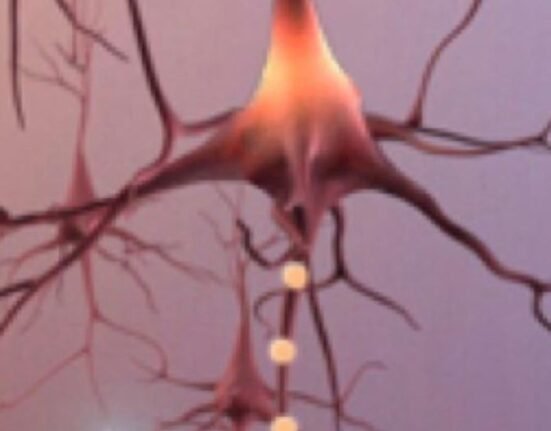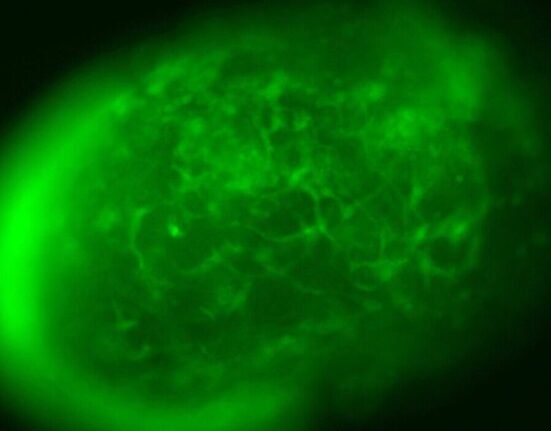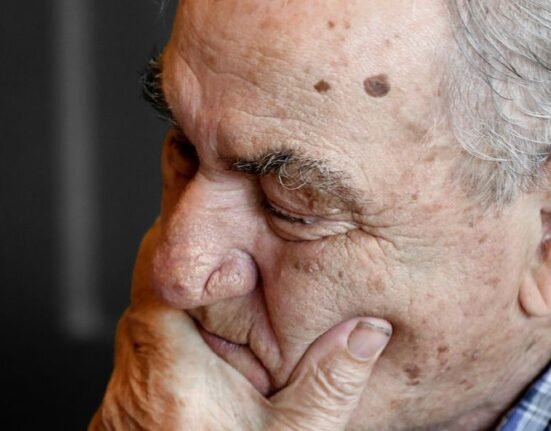HQ Team
April 16, 2025: Eisai Co., Ltd. and Biogen Inc.’s drug to treat Alzheimer’s disease got marketing authorisation in the European Union, according to a joint statement from the companies.
The amyloid-beta monoclonal antibody Leqembi (lecanemab) is meant to treat adult patients with a clinical diagnosis of mild cognitive impairment and mild dementia due to Alzheimer’s, according to a Biogen statement. The authorisation applies to all 27 EU Member States, Iceland, Liechtenstein, and Norway.
Amyloid-beta monoclonal antibodies are specially designed proteins used for treating Alzheimer’s disease. They work by targeting amyloid-beta (Aβ), a protein that accumulates abnormally in the brains of people with the disease and is believed to cause nerve damage and cognitive decline.
These antibodies specifically bind to amyloid-beta proteins, which can exist in different forms, such as monomers, oligomers, protofibrils, fibrils, and plaques in the brain. The harmful plaques and aggregates are thought to disrupt brain function.
Amyloid plaques
By binding to amyloid-beta, these antibodies help the brain’s immune cells (microglia) recognise and remove the amyloid plaques. This clearance is intended to slow down or modify the progression of Alzheimer’s disease.
The companies stated that Leqembi was the first therapy that target an underlying cause of Alzheimer’s disease to be granted marketing authorisation in the EU.
Lecanemab is the only approved Aβ monoclonal antibody that preferentially binds and clears toxic protofibrils and targets and reduces Aβ plaques. Protofibrils are a key toxic form of Aβ that accumulate in the brain and cause neuronal injury, according to the statement.
Mild cognitive impairment due to Alzheimer’s and dementia currently affects an estimated 15.2 million and 6.9 million people in Europe, respectively.
Alzheimer’s progresses in stages that increase in severity over time, and each stage of the disease presents different challenges for those living with the disease and their care partners.
‘Slow progression’ of disease
There is a significant unmet need for new treatment options that slow down the progression of Alzheimer’s from its early stage and reduce the overall burden on people affected by the disease and society.
“Today’s decision makes lecanemab the first treatment option in the EU that can slow the progression of early Alzheimer’s disease. We are proud that our about 40-year heritage in dementia has led to this important milestone, as we aim to be part of the solution for a better future for those impacted by this disease globally,” said Haruo Naito, Chief Executive Officer at Eisai.
“Eisai is working collaboratively with national reimbursement authorities and healthcare providers to support access for those eligible for lecanemab as soon as possible, aiming to make an impact not only on patients but also on their caregiving families and society in the EU.”
Christopher A. Viehbacher, President and Chief Executive Officer at Biogen said the approval of lecanemab by the European Commission marks the thirteenth approval of this important medicine, which is already sold in the United States, Japan and other regions of the world.
‘No or little innovation’
“Lecanemab is the first treatment that showed that the reduction of the Aβ plaques in the brain is associated with the slowing of cognitive decline in patients at the early stage of the disease. This is a landmark advancement in a field where there has been no or little innovation in the past 20 years.”
Eisai serves as the lead for lecanemab’s development and regulatory submissions globally with both Eisai and Biogen co-commercializing and co-promoting the product and Eisai having final decision-making authority.
In the EU (excluding the Nordic countries), Eisai and Biogen will co-promote the medicine, with Eisai distributing the product as the marketing authorisation holder. In the Nordic countries, Eisai and BioArctic will co-promote the medicine, with Eisai distributing the product as the market authorisation holder.








